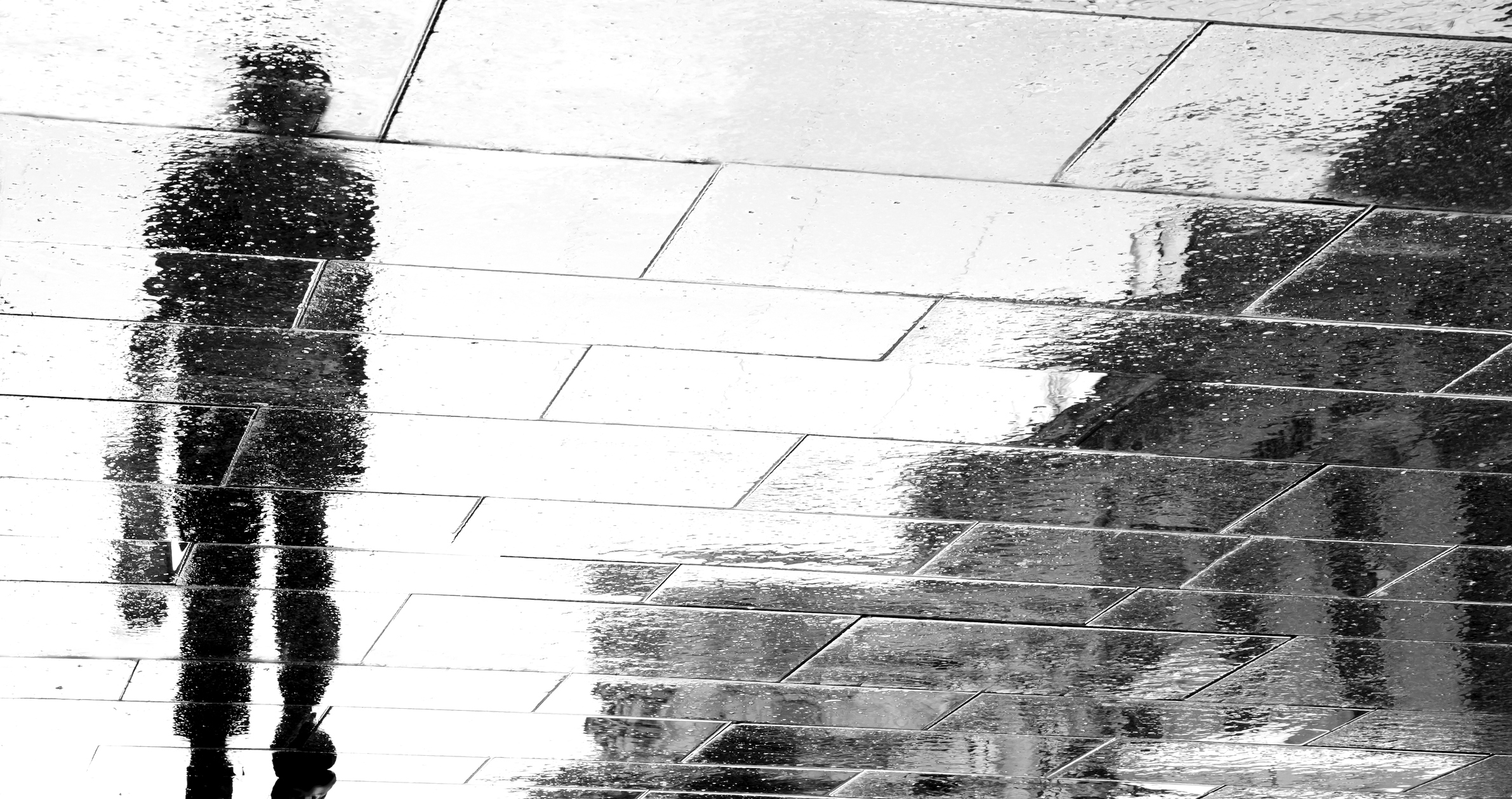Suicide and the chimera of American prosperity
Why are Americans killing themselves in record numbers?


A free daily email with the biggest news stories of the day – and the best features from TheWeek.com
You are now subscribed
Your newsletter sign-up was successful
If you are the sort of person who needs the Centers for Disease Control and Prevention to inform you that Americans are miserable, it's now official. According to the nation's top public health agency, the rate at which we are killing ourselves is higher than it has been in half a century. Fifty years of relentless technological advances, social liberalization, optimization, and GDP growth, five decades that brought about the end of Soviet communism and the birth of a new global order based on free trade and open communication and an infinite array of goods and services and what have we got to show for it? Suicide.
While it's nice to have this official scientific conclusion with the imprimatur of the Department of Health and Human Services, it doesn't go very far in the way of explaining why. We didn't really need the what or the how. You would have to be breathing pretty rarified air not to have noticed the quiet despair so many people are feeling. Just look at the other numbers. Rates of drug overdose are increasing, a trend to which voters have responded by legalizing marijuana in several states. Teenagers, especially girls, are mutilating their bodies with glass and knives with unspeakable regularity. We are having ostensibly serious conversations about giving firearms to teachers in case they ever find themselves in a situation where they must kill one of their students in order to protect the others.
Now, if you put 100,000 names in a hat, 14 of them will be of people who take their own lives. This is about the same rate at which people own iguanas as pets. It is almost impossible for it not to be personal. Eight of my wife's former classmates at one of the best public high schools in one of the wealthiest ZIP codes in the wealthiest county in our state have killed themselves.
The Week
Escape your echo chamber. Get the facts behind the news, plus analysis from multiple perspectives.

Sign up for The Week's Free Newsletters
From our morning news briefing to a weekly Good News Newsletter, get the best of The Week delivered directly to your inbox.
From our morning news briefing to a weekly Good News Newsletter, get the best of The Week delivered directly to your inbox.
It will be tempting for some liberals to argue that the drug and suicide epidemic, which is most pronounced in states like West Virginia and in the post-industrial Midwest, is the muted response of white Americans to the prospect of their irrelevance in a rapidly diversifying country. But that's not what I think is happening — and not just because David Duke probably says the same thing. For one thing, the despair that is the underlying cause of these phenomena is universal. The difference is that black and Hispanic communities have more hard-won resilience than whites who have led increasingly atomized, if comparatively more prosperous, existences for half a century now. They live in self-segregated communities in which the only meaningful bonds with their neighbors and even their extended families are those to which they have consented. Their experience has not prepared them for financial uncertainty, violence, atrophying attention spans, and drug taking. For them there really is no such thing as society. They have achieved Auden's terrible dream — not universal love, but being loved alone. Now they are discovering what it means to hate themselves alone as well.
How did this happen? One thing that we must come to recognize is that prosperity in the sense in which it has been defined by economists and politicians for generations now is a chimera. Working the coupon center screen at CVS is not meaningful labor. Unlimited access to cheap consumer goods manufactured by foreign wage-slaves is not leisure. Taking your children to a restaurant and handing them an iPad game is not parenting. Spending four hours a day waiting to see whether a star or a heart or an arrow has appeared next to a picture or a caption you have posted on a computer network is not community. Watching pornography is not human intimacy. Grinding away to achieve a certain test score is not education, nor is signing away half the price of a modest house in order to finance a four-year pajama party. Taking drugs is not a reprieve from the misery of what you do with the rest of your time but the consummation of it.
If we want to be happy again, we don't need fancier phones or even more realistic simulations of murder on our televisions. We don't even need higher wages or better health care, though both of those things would help. We need to live in the world — this world, not the digital simulacrum that we have such a hard time ignoring — with one another. And we need to do it with love, love of husband for wife, parent for child, neighbor for neighbor, and stranger for stranger.
If that sounds mawkish, forgive for not agreeing that the next crowd-funded pot brownie startup with blockchain integration is the lost lane-end into heaven we are all seeking. As usual, Jackie DeShannon was right.
A free daily email with the biggest news stories of the day – and the best features from TheWeek.com
Matthew Walther is a national correspondent at The Week. His work has also appeared in First Things, The Spectator of London, The Catholic Herald, National Review, and other publications. He is currently writing a biography of the Rev. Montague Summers. He is also a Robert Novak Journalism Fellow.
